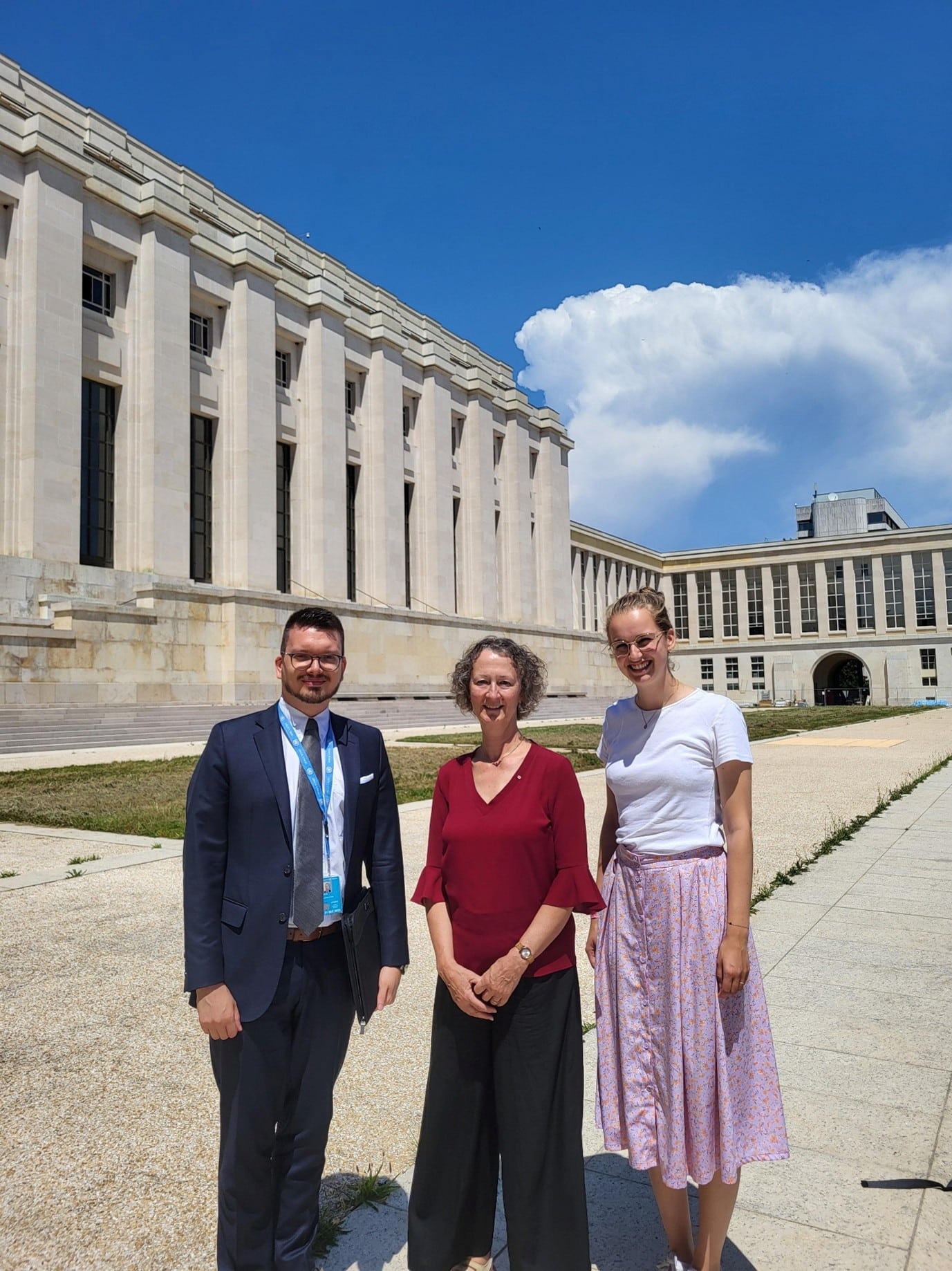by Joel Edwards
If you’ve experienced mosquitoes, you will know how annoying they can be. But they are doing a lot more than annoying people: they are killing innocent children. World Malaria Day gives us a chance to reflect on the progress that has been made in recent years – but much more still has to be done.
Malaria is one of the major causes of death and disease in the world. Every 60 seconds it kills somebody’s child and 216 million people become seriously ill – most of them in Africa. Yet cost-effective tools in the fight against the disease means that malaria can be easily prevented, diagnosed and treated. Simply treated mosquito nets, medicines and indoor spraying with insecticide are effective tools.
Malaria control has been cited as one of the most notable achievements of overseas aid. There has been an estimated 32% decrease in deaths attributable to the disease from 2004 to 2010. In Zambia for example, deaths among children under five have decreased by 62% and the nation was highlighted as a country where investment in malaria has paid off. The Zambian government in partnership with NGOs initiated much of this improvement. Zanzibar in Tanzania has seen an 81% drop in malaria deaths. In 2011, Armenia was certified as malaria free.
These are all positive moves, but mosquitos are still killing people. World Malaria Day is a reminder that much more needs to be done if we are to keep the promises of the Millennium Development Goals. Even if a mosquito has never annoyed you should still help to fight back.
Joel Edwards is a Director for Micah Challenge International, an Initiative of the WEA, and a regular broadcaster with the BBC. He is also a former commissioner with the Equality and Human Rights Commission in the UK.





Stay Connected